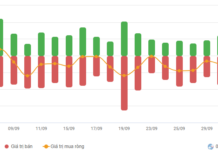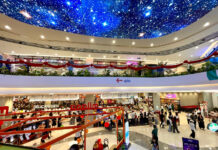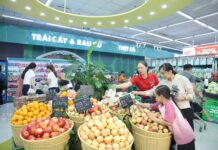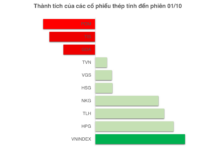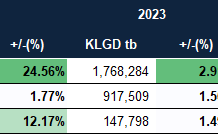At the seminar “Ensuring sustainable interests when amending the Law on Special Consumption Tax for alcoholic beverages,” held by Vietnam Economic Magazine/VnEconomy on July 31, 2024, experts agreed on the necessity and appropriateness of amending the Special Consumption Tax Law in the current phase.
The objective of the special consumption tax is to restrict non-essential or unhealthy products for the environment. Medical evidence indicates that excessive consumption of alcoholic beverages such as liquor and beer can be detrimental to one’s health. The World Health Organization (WHO) also recommends that countries continue to strengthen measures to limit the consumption of alcoholic beverages.
However, experts advised the drafting agency to further study and discuss consumer psychology and behavior and assess the separate impacts of the consequences of alcohol and beer on community health to design appropriate policies that ensure sustainable social benefits.
AVOIDING THE RISK OF CHANGING CONSUMER, PRODUCTION, AND COMMERCIAL BEHAVIOR
As a consumer behavior expert, Ms. Dang Thuy Ha, Consumer Behavior Expert, Regional Director of North Vietnam, NielsenIQ Vietnam, shared that health and price are the top concerns for consumers when making purchasing decisions. After nearly five years of impact from the Covid-19 pandemic, the economy has not fully recovered, leading to a decrease in people’s income, so they are very conscious about their spending.
“In our recent report on Shoper Trend, more than 60% of consumers said they would change their behavior when considering the price. When the price increases, consumption quantity may decrease. However, how much the price needs to increase to reduce consumption is a question that needs further in-depth research,” said Ms. Ha.
According to NielsenIQ Vietnam, besides price, consumer behavior is influenced by various factors, such as regional culture. “When we asked consumers in Ho Chi Minh City about how their consumption behavior changes during difficult times, they replied that they would use goods in slightly lower segments but still maintain the quantity. In contrast, consumers in Hanoi said they would reduce the quantity a little but stick to the same brand. Just between these two cities, we can see a significant difference in responses,” said expert Dang Thuy Ha.
Ms. Ha believed that the consumption behavior of alcoholic beverages is greatly influenced by culture and habits, not just price. “If we refer to Maslow’s hierarchy of needs, we can see that the consumption of liquor and beer lies in different tiers. At the first level, it is an alcoholic beverage, and beer is a particular summer refreshment. That’s why beer sales are excellent during the summer. At the middle level, it represents the need to connect and socialize, as these drinks facilitate sharing joy during events. At a higher level, many people affirm their status by consuming expensive, branded liquor. Thus, when we look closely, people have these needs, and it’s challenging to eliminate them from daily life,” Ms. Ha analyzed.
Concurring with the viewpoint of the NielsenIQ Vietnam expert, PGS.TS. Hoang Van Cuong, Member of Parliament, Member of the National Assembly’s Finance and Budget Committee, Vice President of the Vietnam Economic Association, assessed that liquor and beer are consumer products with low price elasticity.
“A consumer product with high elasticity regarding price means that when the tax increases, leading to a price hike, consumption will decrease. Conversely, a product with low elasticity means that an increase in tax may not lead to a decrease in consumption. Sometimes, a tax increase can create a negative effect on consumer behavior, such as shifting to using unofficial or lower-quality products, causing producers and traders to find ways to evade taxes…,” explained Mr. Cuong.
Some argue that increasing taxes will boost state revenue. However, experts pointed out that, according to the Laffer curve theory, when taxes are raised to a reasonable level, accompanied by appropriate management tools, tax revenue will increase. But if taxes are too high, it will lead to a loss of revenue due to tax evasion and debt. Additionally, consumers may shift from official, taxed products to unofficial ones, making it challenging to manage taxes. This also puts official producers at a disadvantage.
PARADOX: SPECIAL CONSUMPTION TAX ON LIQUOR IS LOWER THAN BEER
At the seminar, experts pointed out a paradox: despite liquor having a significantly higher alcohol content than beer, the special consumption tax on liquor is lower than that on beer.
According to the current regulations on special consumption tax; (i) liquor above 20 degrees: 65% tax rate; liquor below 20 degrees: 35% tax rate; (ii) beer: 65% tax rate.
Meanwhile, the common alcohol content of domestically produced beer (excluding craft beer) is 4-5%. Low-alcohol or non-alcoholic beers usually have an alcohol content of 0.05-1.2%. Craft beers may contain 12% alcohol, but there is a gap in tax management for this group…
https://postenp.phaha.vn/chi-tiet-toa-soan/tap-chi-kinh-te-viet-nam
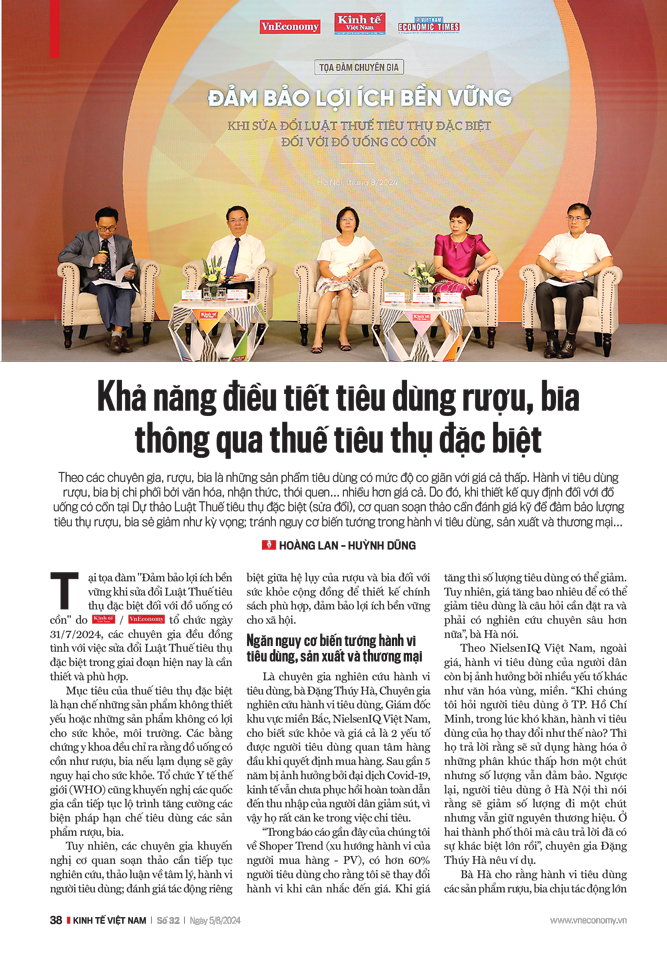
Rare and Exquisite Riverfront Real Estate Resort for Unparalleled Quality of Living in the Heart of Ho Chi Minh City
Khải Hoàn Prime Development has unveiled a project built to Resort standards (building density <25%), maximizing the advantages of the riverside location with the surrounding natural beauty both inside and outside the project, offering a luxurious resort experience.





